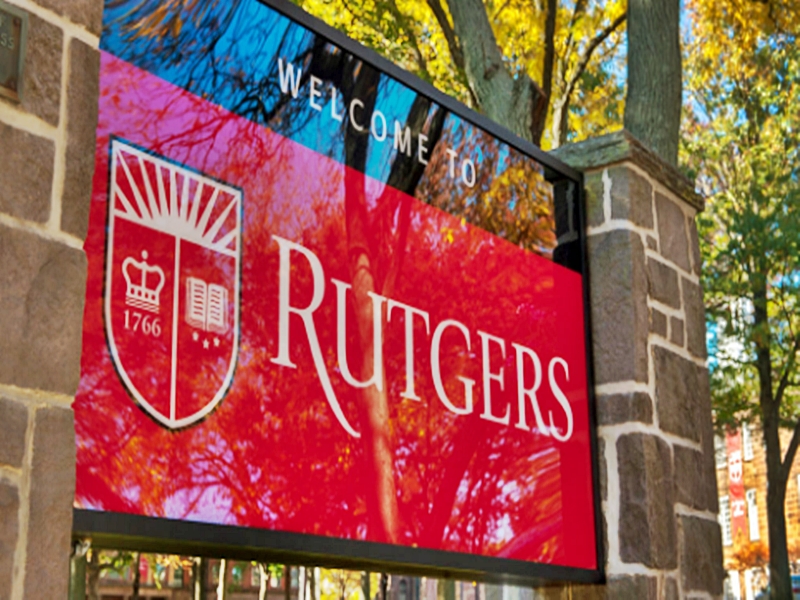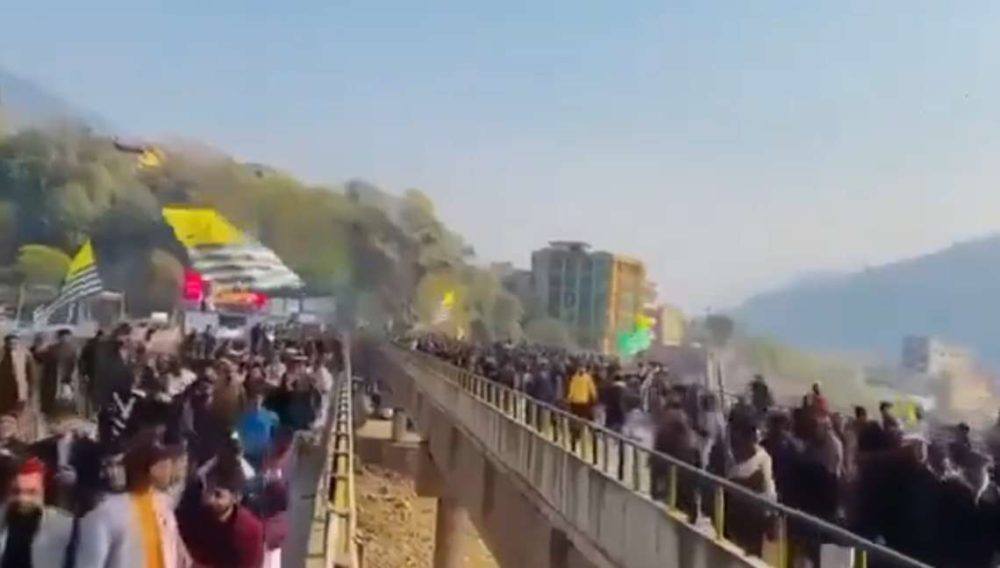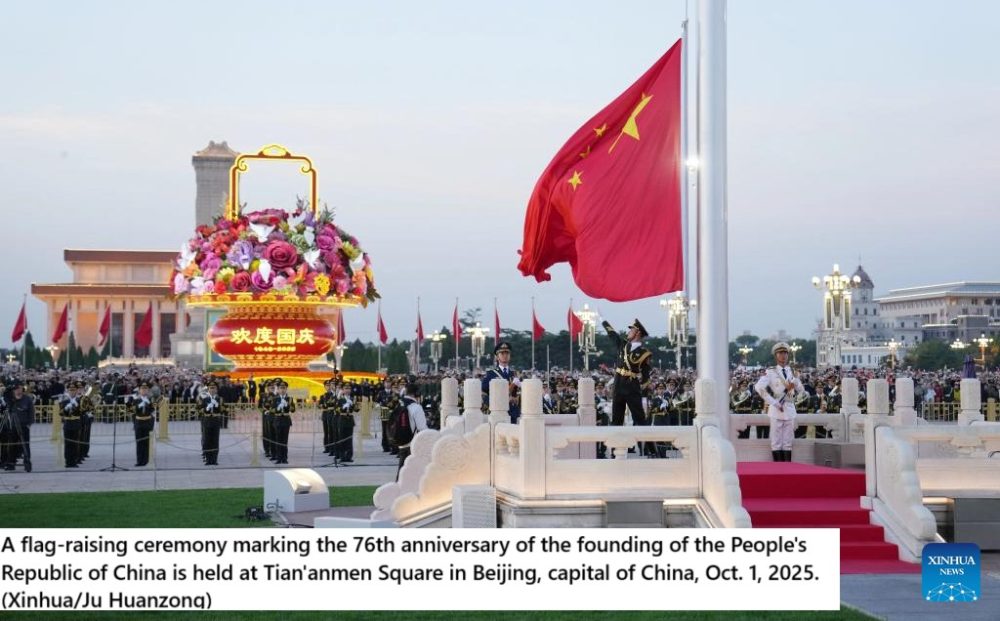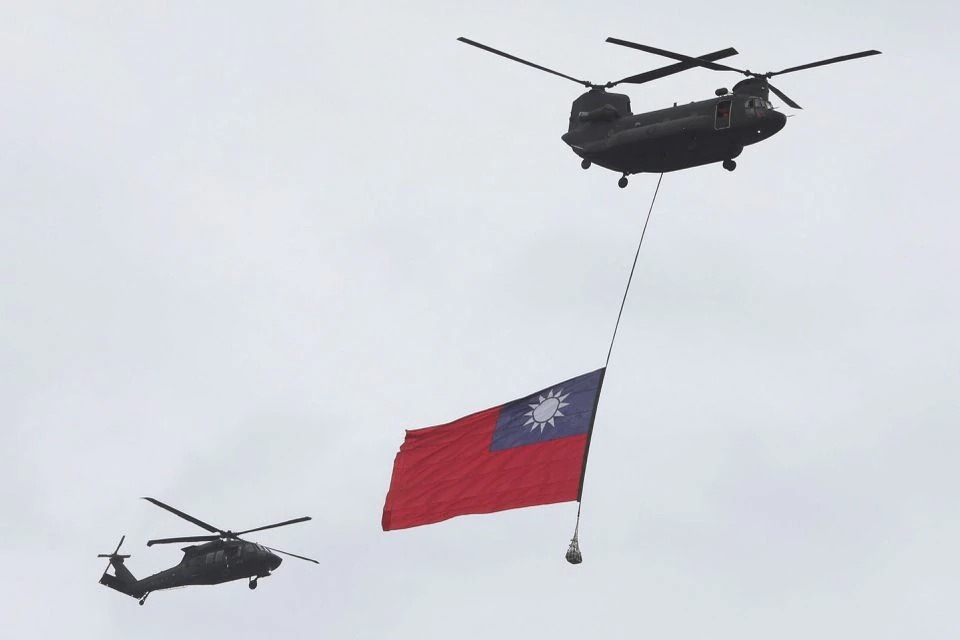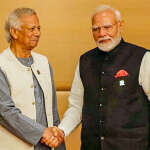The demand to display a separatist Kashmiri flag is not only legally untenable since Kashmir is an integral part of India, but it also threatens to provide a moral veneer to the regressive, anti-democratic forces that seek to balkanize the region through violence, writes Dr Satish Sharma
Recent protests at Rutgers University demanding the display of a separatist Kashmiri flag have drawn widespread criticism from Indian-American organizations. Their objections are well-founded, as giving credence to separatist movements threatens to undermine the remarkable progress made in Jammu and Kashmir under Indian governance. Indian-administered Kashmir has witnessed tremendous development in recent decades, sharply contrasting with the dire situation in Pakistan-occupied Kashmir (PoK). Robust investments in infrastructure, healthcare, education, and economic opportunities have uplifted millions of lives in the region. From modern highways and railways to new hospitals and schools, Indian Kashmir is rapidly catching up with the rest of the nation.
On the other hand, PoK remains mired in poverty, lack of development, and human rights violations perpetrated by Pakistan’s powerful military-intelligence apparatus. Separatist terrorist groups operating from PoK have carried out heinous attacks in Indian Kashmir, destroying countless lives and property over the decades. India’s role as a responsible sovereign has been to maintain law and order while facilitating the region’s equitable development. While protests against the government are increasingly curbed in Indian Kashmir through both development initiatives and security measures, the opposite scenario plays out in Pakistan Occupied Kashmir (PoK).
There, protests demanding basic rights, freedom of expression, and accountability from the heavy-handed Pakistani military establishment are an extremely common occurrence. The people of PoK have grown weary of the systematic lack of economic progress, human rights violations, and denial of democratic rights in the region under Pakistan’s occupation. Despite mass demonstrations demanding change, the powerful Pakistani Army has responded with an iron fist, deploying brutal crackdowns and arbitrary detentions of civilian activists. The resentment of the local populace in PoK stemming from decades of deprivation and subjugation continues fueling widespread protests that are routinely suppressed by Islamabad.
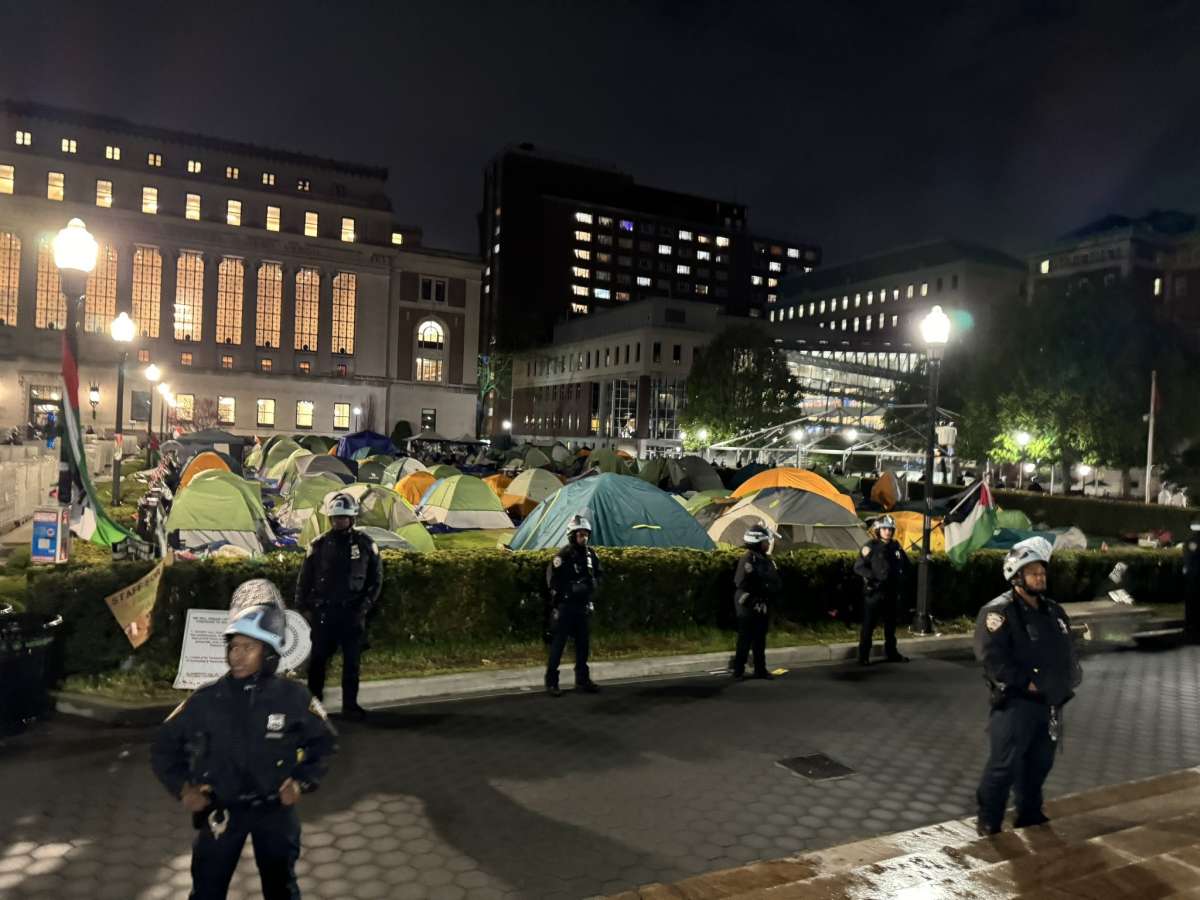
In contrast, the revocation of Article 370 in 2019 has ushered in a new era of progress and development in Jammu and Kashmir. With the region’s full integration into the Indian union, long standing barriers to investment, land ownership rights, and equitable laws have been removed. This has opened the floodgates for rapid infrastructural development, with new roads, power projects, healthcare facilities and educational institutions coming up at a rapid pace. Crucially, newfound economic opportunities and employment avenues have provided hope to the region’s youth, who no longer have to grapple with the despair of joblessness. Tourism is thriving like never before amid improved security. Perhaps most importantly, people from other parts of India can now permanently settle inJ&K, ending the region’s regressive isolation and enabling cross-pollination of ideas. While some temporary disruptions were inevitable, the people of J&K have embraced these transformative changes that promise to usher their homeland into a new age of prosperity and genuine integration with the rest of the nation.
The demand to display a separatist Kashmiri flag is not only legally untenable since Kashmir is an integral part of India, but it also threatens to provide a moral veneer to the regressive, anti-democratic forces that seek to balkanize the region through violence. The protests appear driven more by misguided ideological zeal rather than facts on the ground.
The decision by Rutgers University and other American institutions to entertain demands for displaying separatist flags like that of Kashmir sets a disturbing precedent that could enable anti-national forces and embolden subversive elements across the world. By providing a platform to separatist symbols and causes, the U.S. risks fanning the flames of divisiveness and secessionism in other countries. This can be construed as undue interference in the internal matters of sovereign nations.
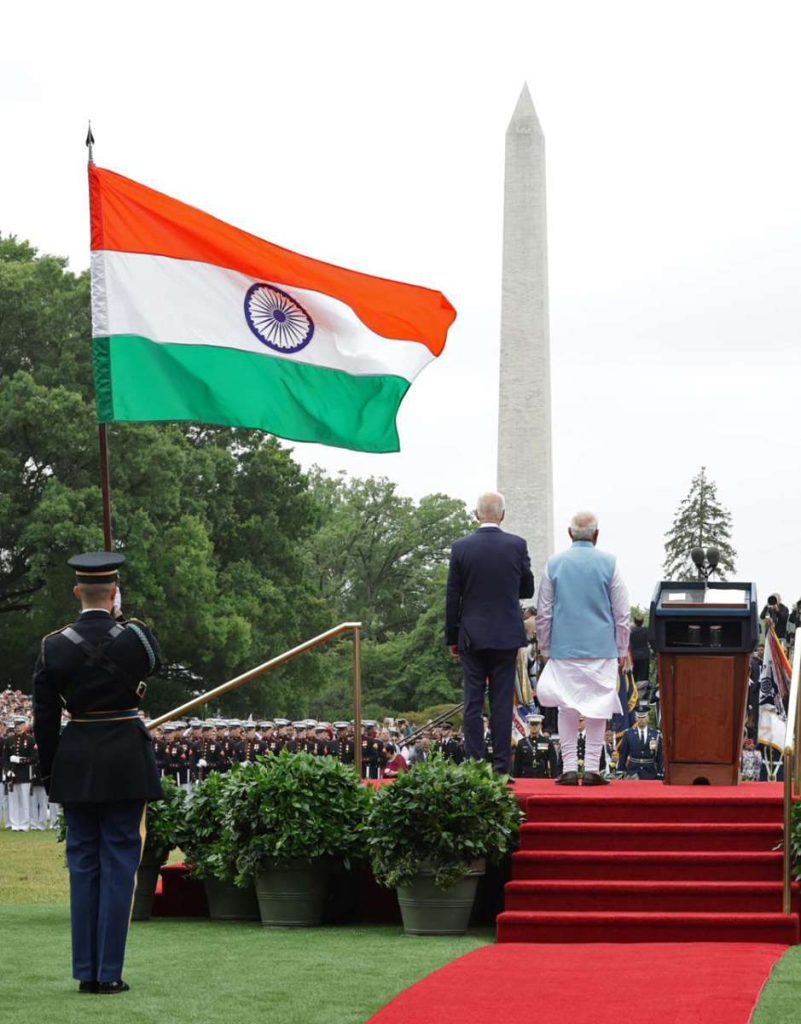
Such moves undermine principles of territorial integrity and go against the official policy of the U.S. government which respects the unity and borders of India and other allied nations. Enabling separatist movements also runs counter to American interests, as several U.S. states themselves have faced secessionist tendencies that were rightly and legally quashed. Universities displaying separatist flags provide a regressive example that could potentially inspire separatist groups within America as well. The U.S. should be extremely cautious about allowances that provide oxygen to separatist ideologies which can spiral into extremism, violence and geo-political instability.
As a public university, Rutgers should steer clear of being perceived as endorsing separatist movements anywhere in the world. It would do well to resist divisive demands that run counter to the values of unity, progress and democracy that universities are meant to uphold. Giving a platform to separatists can only enable radicalization and damage societal harmony. The development trajectory of Indian Kashmir serves as an inspirational case study. It underscores how integration and inclusive policies can uplift even the most conflict-ridden regions when a nation remains steadfast on the path of democracy and good governance. Universities would do better to focus on such positive narratives that can guide the world towards peace and prosperity.
ALSO READ: US Reaffirms India’s Sovereignty in Arunachal Amid Regional Dynamics


